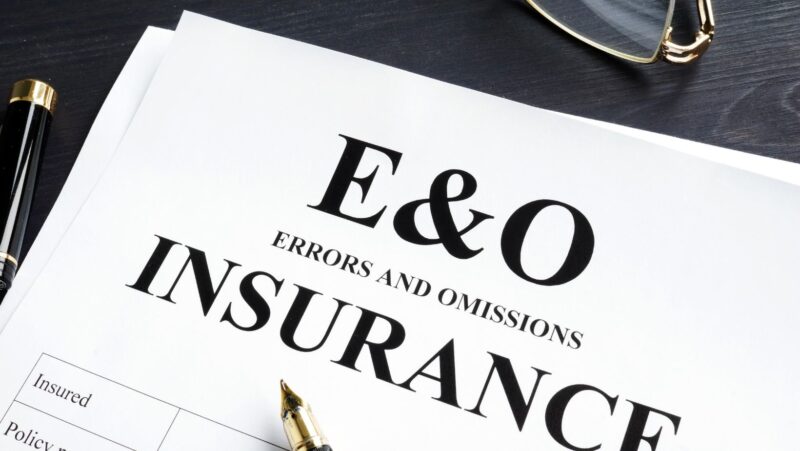
If Someone Has the Same Last Name as You are You Related
If someone has the same last name as you, it may lead to speculation about whether you are related. Last names often indicate a common ancestry or familial connection, but this is not always the case. While sharing a last name can be an interesting coincidence, it does not automatically imply a blood relation.
Genealogy experts suggest that having the same last name does not provide conclusive evidence of being related. In many cultures and societies, surnames were traditionally passed down from generation to generation within specific family lines. Over time, however, surnames have become more widespread and diverse due to factors like migration, intermarriage, and adoption.
Understanding Last Names and Family Relationships
Have you ever wondered if someone with the same last name as you is related to you? It’s a common question that many people ponder. While sharing a last name can sometimes indicate a familial connection, it doesn’t necessarily mean that you are related. Let’s delve into the intricacies of last names and family relationships to shed some light on this intriguing topic.
- Different Origins, Same Last Name It’s important to remember that last names can have different origins and meanings. Some surnames are derived from occupations (e.g., Smith), while others may denote a geographic location (e.g., Hill). Certain surnames originated from patronymics, where the last name is derived from the father’s given name (e.g., Johnson). With such diverse origins, it’s entirely possible for unrelated individuals to share the same last name purely by chance.
- Common Ancestry On the other hand, there are instances where individuals with the same surname do share a common ancestry. This typically occurs when families trace their lineage back several generations and can establish documented connections through genealogical research or oral history passed down through generations. In these cases, individuals with the same surname may indeed be distantly related.
- Genetic Testing for Clarity If you’re curious about your potential relationship with someone who shares your last name, genetic testing can provide valuable insights. DNA analysis can reveal shared genetic markers or ancestral patterns that indicate whether or not two individuals have a familial connection beyond just sharing a similar surname.
- Cultural Practices and Naming Conventions Keep in mind that naming conventions vary across cultures and regions throughout history. In some societies, children inherit both their parents’ surnames or take on additional names based on specific customs or traditions. Understanding these cultural practices can help clarify whether two individuals with matching surnames are likely to be related or not.
In conclusion, while sharing the same last name as someone can raise curiosity about a potential familial connection, it doesn’t guarantee that you are related. Various factors like surname origins, common ancestry, genetic testing, and cultural practices play a significant role in determining family relationships. So the next time you come across someone with your last name, embrace the mystery and explore the fascinating world of genealogy to uncover any hidden connections that may exist.
Factors that Influence Last Names
When it comes to last names, many people wonder if having the same last name as someone means they are related. While sharing a last name with someone can sometimes indicate a familial connection, there are several factors that influence last names and should be taken into consideration.
- Ancestry and Heritage: One of the primary factors influencing last names is ancestry and heritage. In many cultures, surnames were traditionally passed down from generation to generation within specific families. For example, in English-speaking countries, surnames often originated from occupations (e.g., Smith for blacksmith) or geographical locations (e.g., Hill for someone living near a hill). So, if you share a relatively uncommon last name with someone, it could suggest a shared ancestral lineage.
- Adoption and Name Changes: Another factor to consider is adoption or name changes. Sometimes individuals may have different last names due to being adopted into new families or legally changing their names for various reasons such as marriage or personal preference. Therefore, it’s possible for two people with the same last name to have no blood relation at all.
- Coincidence: It’s important to acknowledge that occasionally people can have the same last name purely by coincidence. With billions of people worldwide and countless variations in surnames across different cultures and regions, it’s not unusual for unrelated individuals to share the same surname without any familial ties.
- Migration and Diaspora: Migration patterns throughout history have also played a significant role in spreading certain surnames across different regions and countries. As families moved from one place to another either voluntarily or involuntarily (due to war, persecution, etc.), they carried their surnames with them. Consequently, people who share the same surname might be distant relatives whose ancestors migrated from a common geographic origin.
- Marriage: Lastly, marriage can lead to individuals sharing the same last name without being related by blood. In many cultures, it is customary for one spouse to take the other’s last name upon marriage. Therefore, if you come across someone with the same last name as yours, they could simply be a distant relative of your spouse or unrelated altogether.
In conclusion, while having the same last name as someone can sometimes suggest a familial connection, it is not a definitive indicator of being related. Ancestry, adoption, coincidences, migration patterns, and marriage are all factors that influence last names. To determine if you are truly related to someone with the same last name as yours requires further investigation into genealogy and family history.











